Why Scientists Are Getting Involved
Young people are going on a climate strike and researchers are supporting their cause. Reto Knutti discusses the issues.
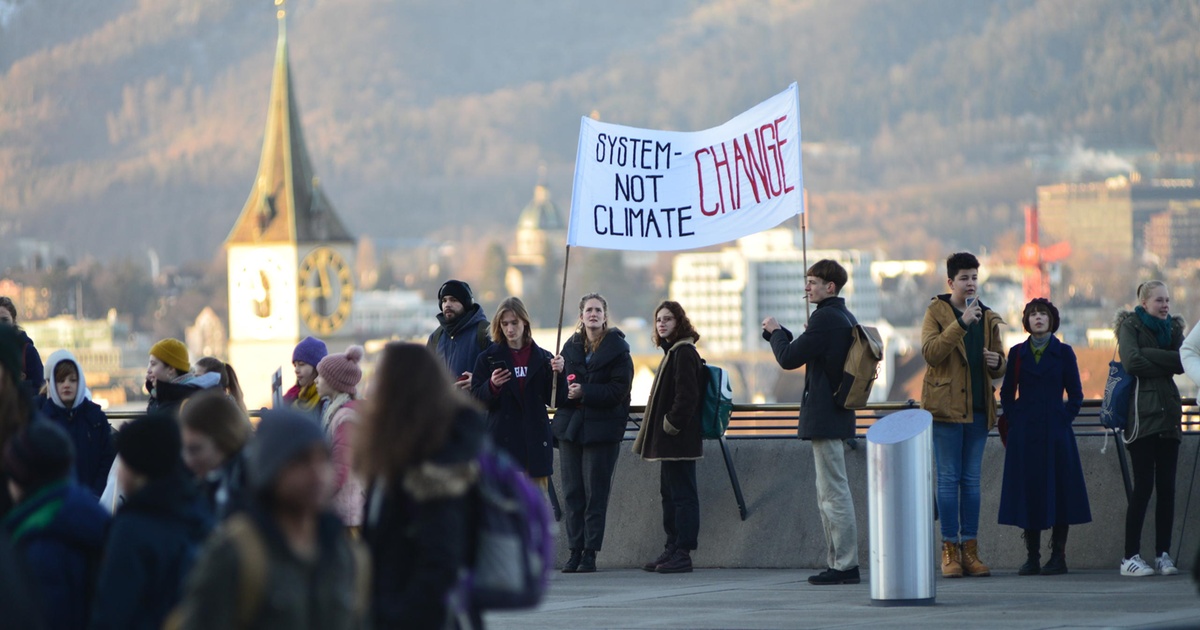
opinion articles
Send us a link
Young people are going on a climate strike and researchers are supporting their cause. Reto Knutti discusses the issues.

Contrary to first impressions, Congress has done a decent job standing up for scientific research.
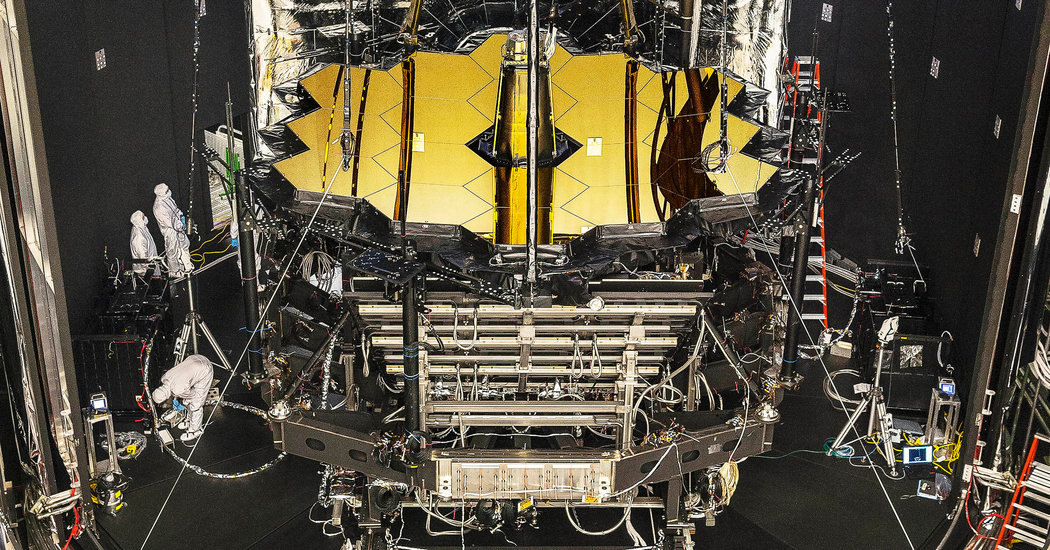
Policymakers need to be encouraged to take a scientic approach when drawing up legislation to boost food security, according to a panel of experts.

The UK has benefitted from funder incentives that make Open Access appealing for authors, while US funders have taken a less interventionist approach to Open Access. This in turn has led to increased international collaboration for UK researchers.

Many of today's problems in science are substantially driven by deficits in statistical thinking and data skills that are common across the sciences. This opinion article justifies this position, and offers ways that these deficits might be addressed.
The progress of science depends on how we preserve and share what we know.
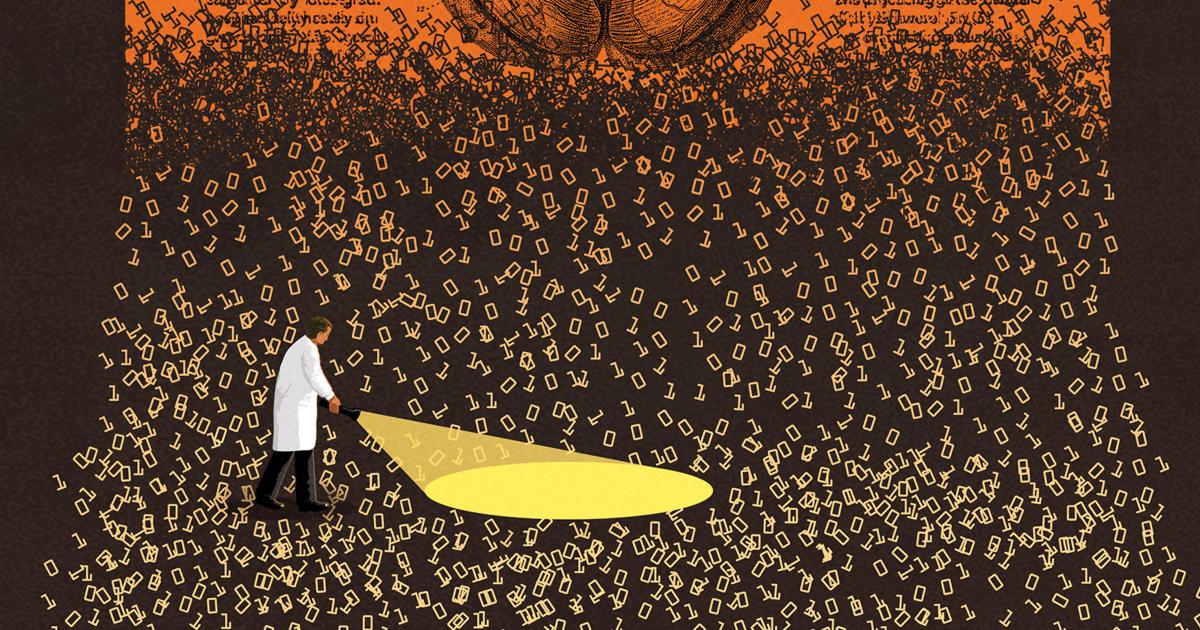
Plan S raises challenging questions for the Global South. Even if Plan S fails to achieve its objectives the growing determination in Europe to trigger a “global flip” to open access suggests developing countries will have to develop an alternative strategy.

The giants of the scientific publishing industry have made huge profits for decades. Now they are under threat.

Five junior researchers share their thoughts on travel barriers.
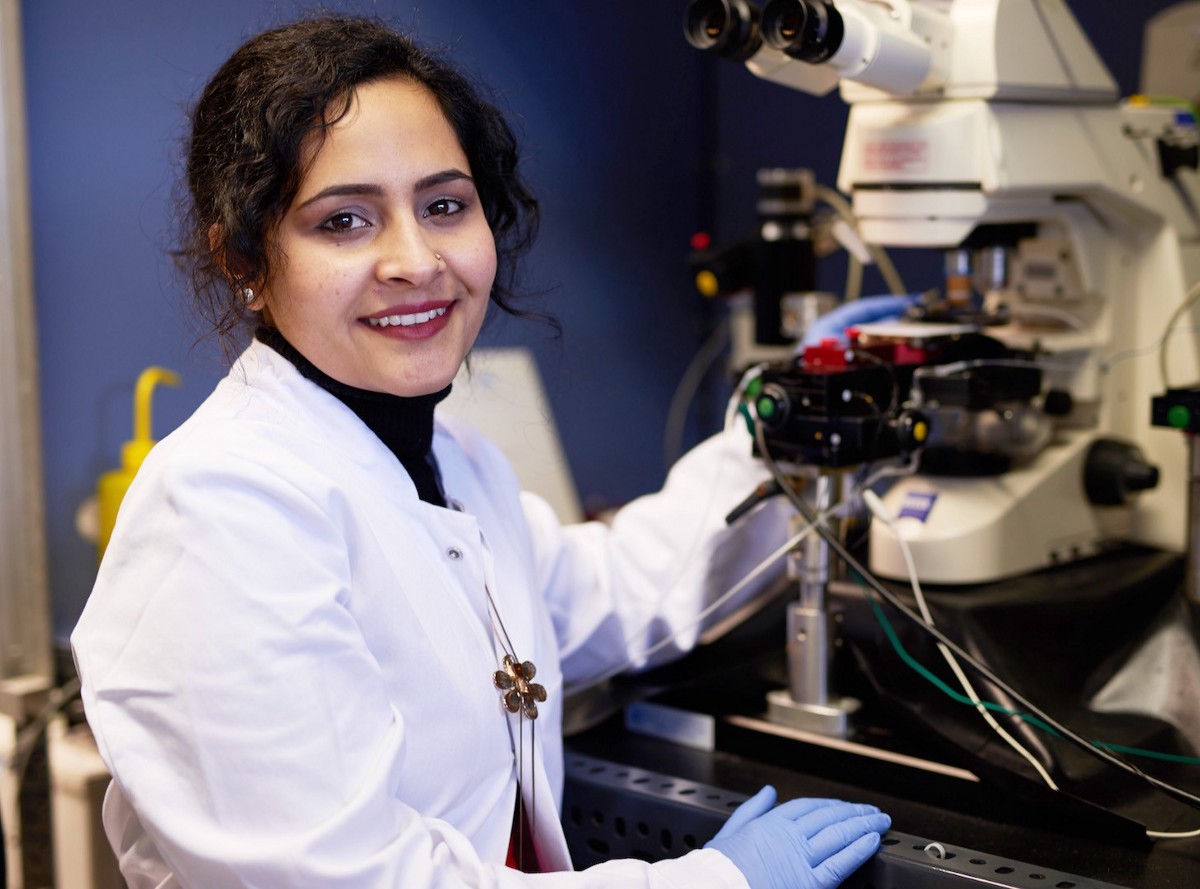
Time and time again, academic publishers have managed to create the impression that publishing incurs a lot of costs which justify the outrageous prices they charge, even though it is well established that the cost of making an article public with all the bells and whistles that come with an academic article is between US$/€200-500.

When we reject failure, we create a culture of punishment, artificial rewards, and scientific bias. There are people running analyses and experiments right now which others will have undoubtedly done before, but just not communicated their results.
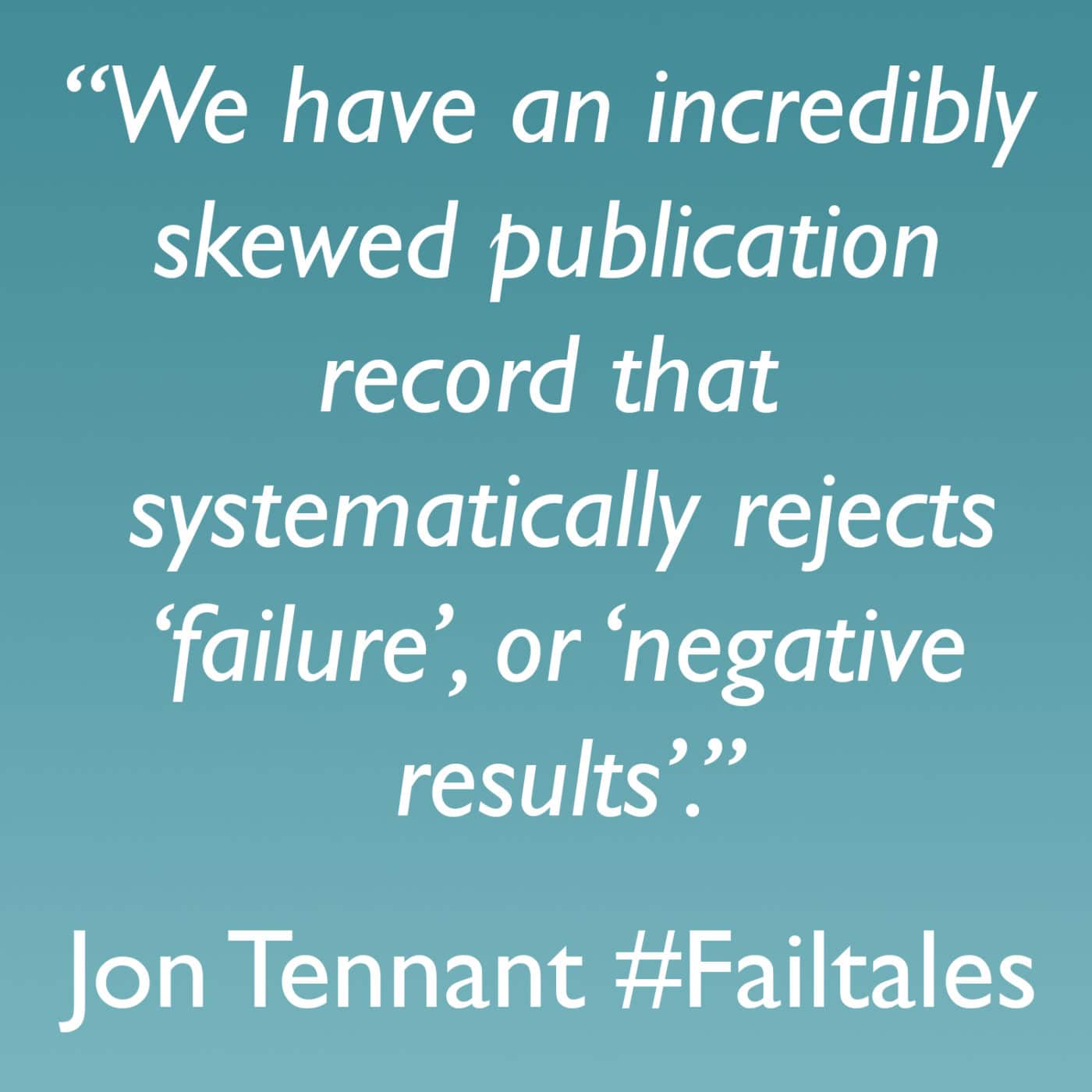
The hypocrisy of a publishing academic

The ethical issues swirling around artificial intelligence (AI) are under-researched, with surprisingly little serious academic investigation into AI ethics, despite the huge amount of money pouring into the field and the rampant pace at which the technology is advancing.

To be successful as researchers, we must be able to think through the impacts of our work on society and speak up when necessary.
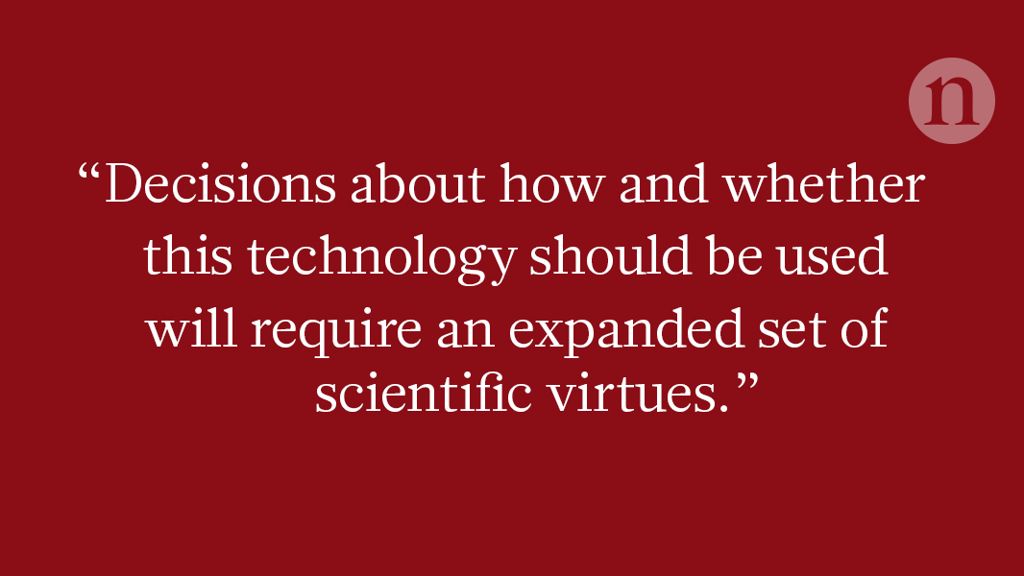
Publishers say that the bold open-access initiative rules out proven ways of opening up the literature.
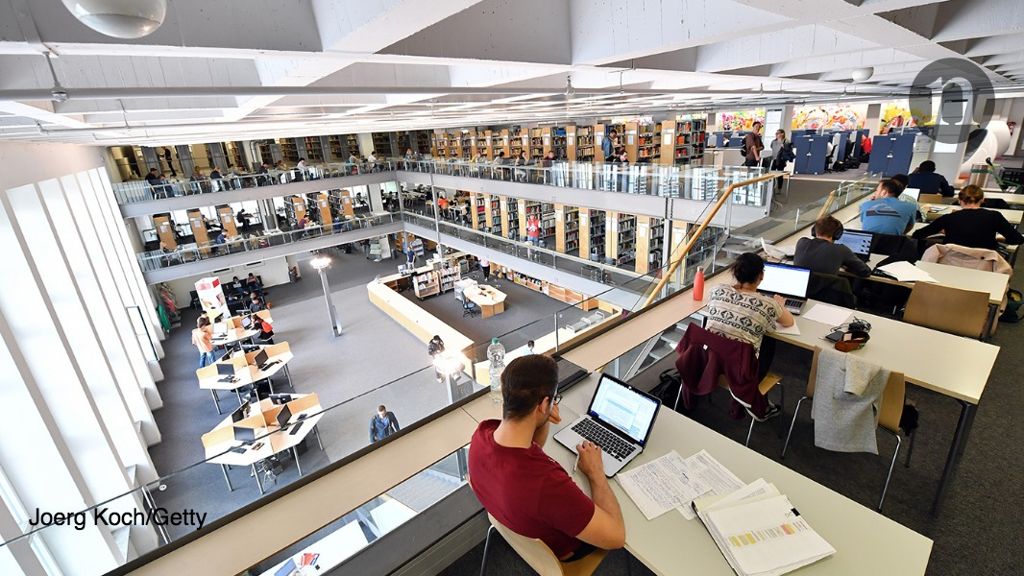
League of European Research Universities (LERU) members offer 10 Recommendations which, once adopted, would make Plan S a bold blueprint in universities for a radical change to current publishing practice.
China's programme of innovation-driven development, underpinned by research and technology, has placed new demands on the Chinese scientific community. What role for open access - and the Europe-led Plan S programme?
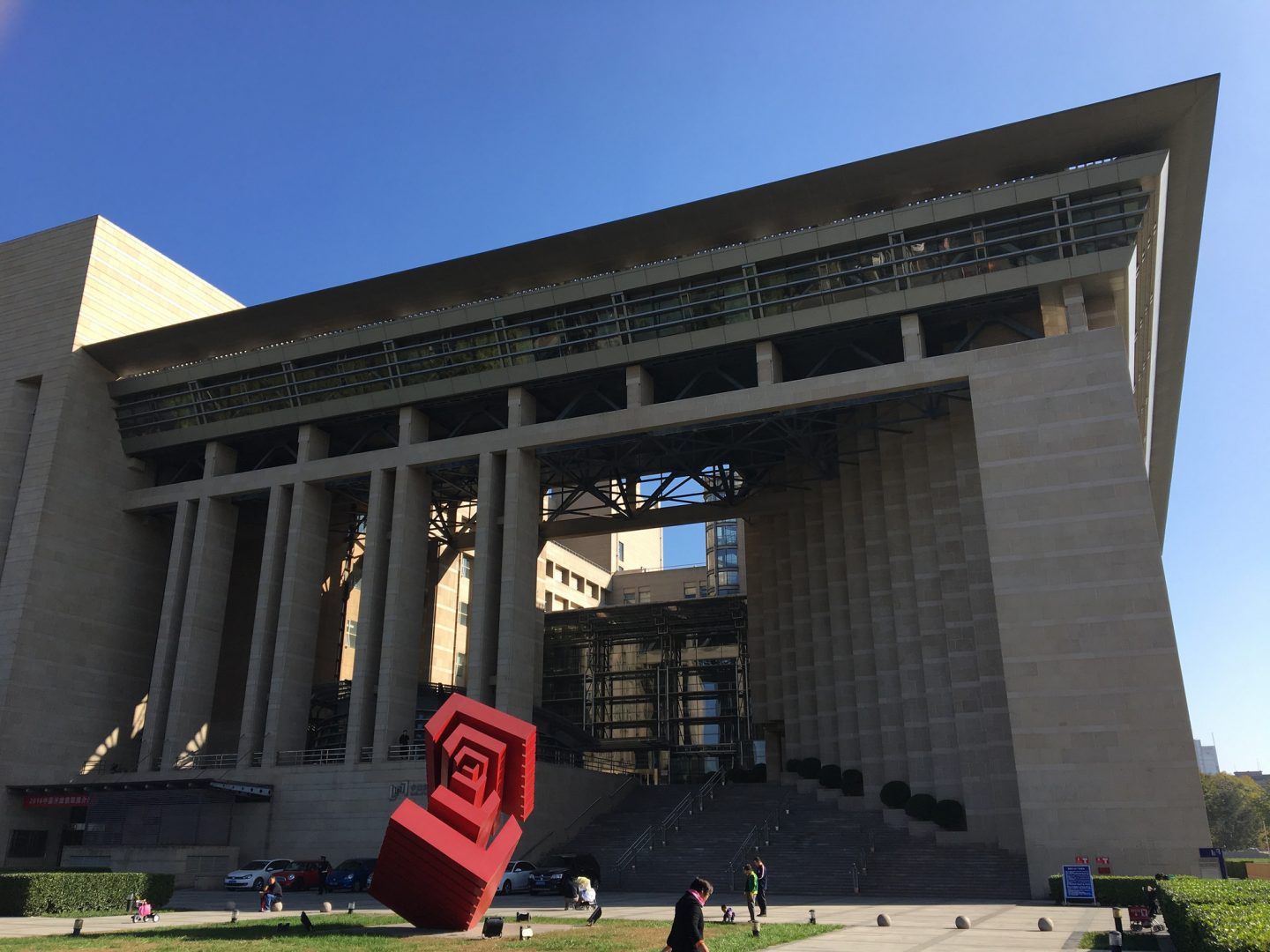
Dear Publishing Industry,
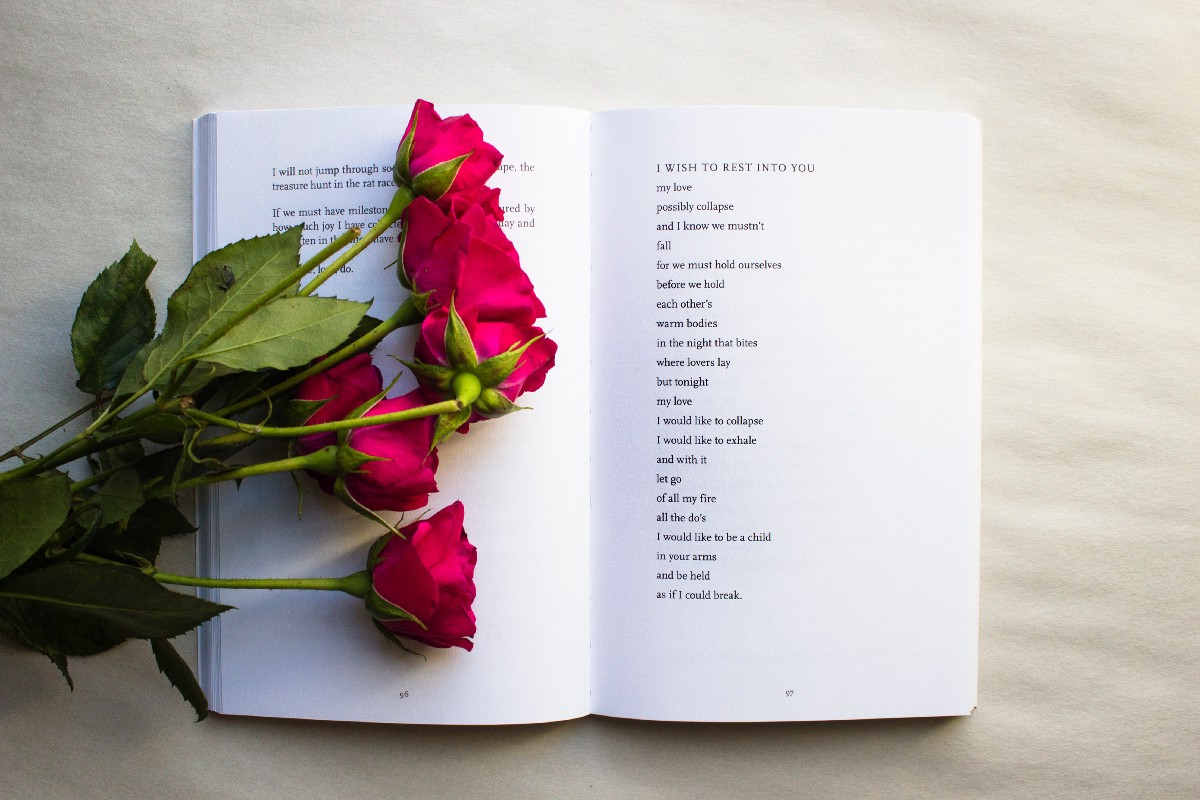
eLife's departing editor talks about the seismic changes he sees coming - and why some journals will lose out.

The director general of Cern talks about discovering the Higgs boson, women in science and the next generation of colliders.

OPINION. Matthias Egger, président du Conseil national de la recherche du FNS, plaide pour que les textes scientifiques aient droit à une seconde publication. Une version en libre accès pour le bien commun

In this blog, Robert Kiley and Michael Markie, discuss the ambition behind creating Wellcome Open Research, an innovative funder led publishing platform, and assess the success of the platform over its first two years.
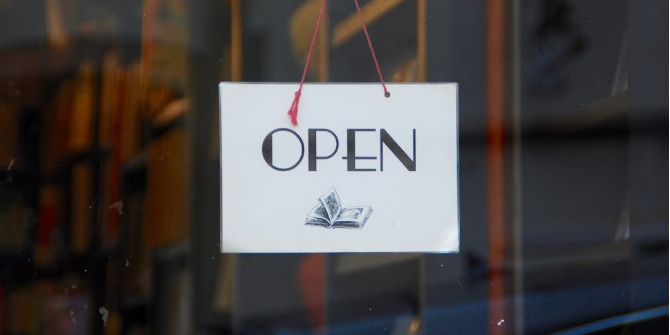
India's annual multi-million-euro outlay on scientific publishing is a bad deal for the country, says Krishnaswamy VijayRaghavan, principal scientific adviser to the government.
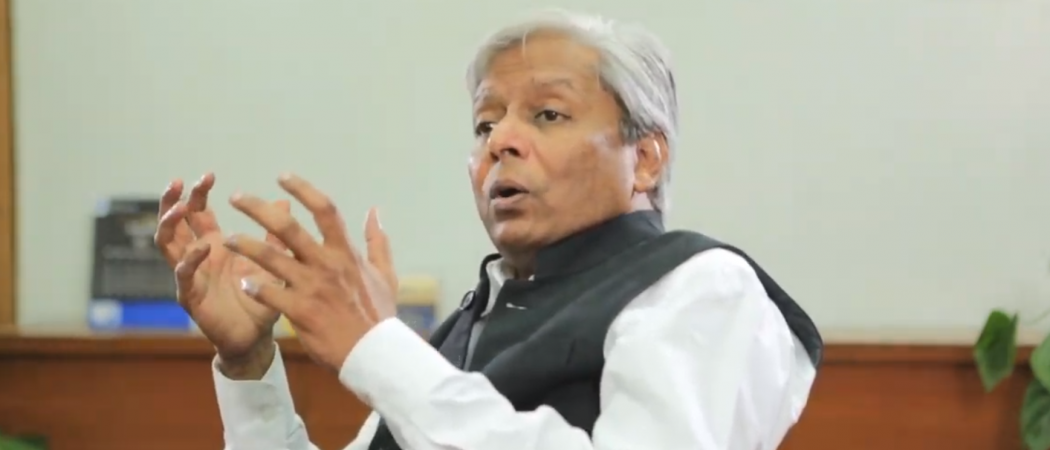
How do early career researchers use Sci-Hub and why? In this post David Nicholas assesses early career researcher attitudes towards the journal pirating site.

By creating journals that put a premium on replicability, grant-funding agencies can revolutionize the publishing landscape.
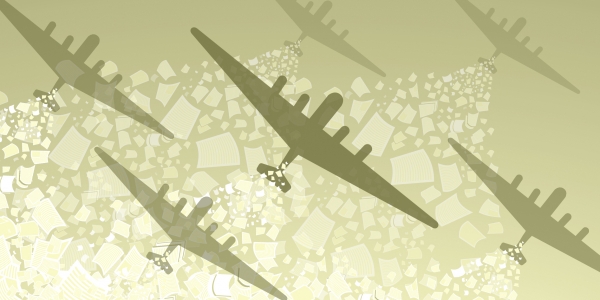
The planet is getting warmer in catastrophic ways. And fear may be the only thing that saves us.

From bias in peer review and unfair allocation of grant funding to sexual harassment and a gender pay gap, the scientific community certainly has a lot of work to do.

PLOS welcomes Plan S as a 'decisive step towards the realisation of full open access'1, in particular the push it provides towards realization of a research process based on the principles of open science.